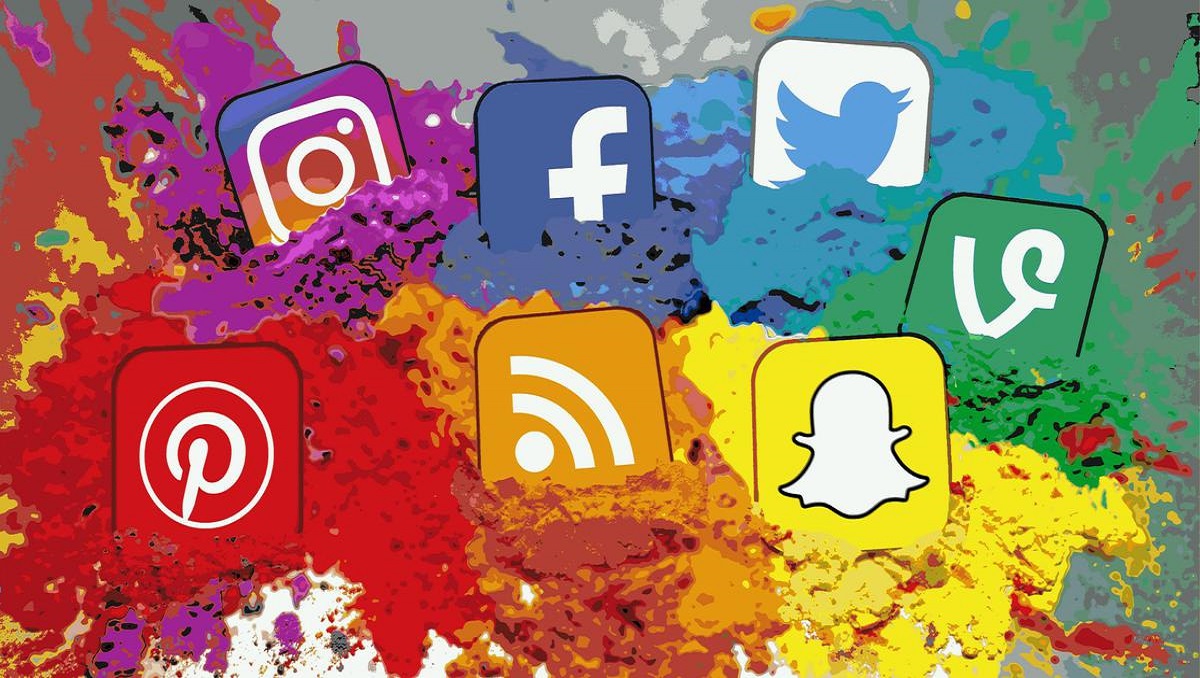Social media platforms should improve algorithms to protect mental health

Instagram made news last year for reducing likes in an effort to reduce the comparisons and wounded sentiments that come with linking popularity to posting material. But are these initiatives addressing mental health concerns, or are they merely bandaging a wound?
Instagram, TikTok and other image-based social media sites tend to be especially detrimental to users’ body image. Teenagers are constantly exposed to filtered and manipulated information that offers unrealistic body ideals on these sites. Recent data suggests that this biassed environment raises users’ susceptibility of body dissatisfaction and potentially hazardous illnesses such as body dysmorphia and eating disorders.
The Risks in Return for the Reward
Social media has a self-reinforcing effect. It works by releasing dopamine, a “feel-good chemical” associated with enjoyable activities such as sex, eating, and social contact, into the brain’s reward region. The platforms are intended to be addictive, and they have been linked to anxiety, despair, and even medical illnesses.
According to the Pew Research Center, social media is used by 69% of adults and 81% of youths in the United States. This puts a big portion of the population at danger of feeling nervous, sad, or unwell as a result of their social media use. Importantly, as recent whistleblower testimony show, the harm caused by these algorithms is not unknown to social media corporations.
Later, a TikTok whistleblower revealed proof of an algorithm that meticulously manipulates the material presented to viewers, preferring emotionally arousing information to keep their involvement.
Social media companies are aware of the harm their platforms and algorithms create, yet they have taken no measures to safeguard consumers. Consumers are at danger until these corporations become more clear about the usage of their algorithms and give options for users to opt out of viewing stuff they do not want to see. One strategy to reduce risk is to only follow accounts that have a good effect on mental and physical health and to unfollow accounts that have triggered or unpleasant material.”
- One of the social media journalists wrote an essay about how to combat these algorithms and safeguard the mental health of social media users.
- First, they underline that the primary duty rests with the social media firms.
- According to the study, social media networks should explain to users why the information they see in their feeds was picked. Microtargeting, a marketing tactic that targets specific consumers based on personal data, should likewise be limited.
- Influencers may also influence their followers’ body image and well-being.
- Researchers, educators, and clinicians can look at measures to mitigate the harmful effects of social media on body image.
- Such findings can help influence social media literacy programs that teach teenagers about social media advertising, encourage them to apply critical thinking while using social media, and teach them techniques to improve the positive information displayed in their feeds.
PTA Taxes Portal
Find PTA Taxes on All Phones on a Single Page using the PhoneWorld PTA Taxes Portal
Explore NowFollow us on Google News!